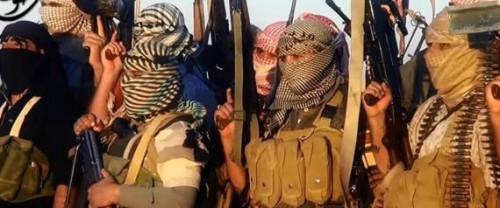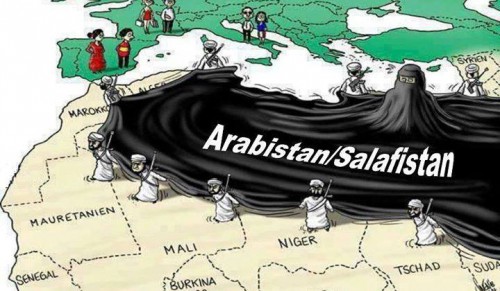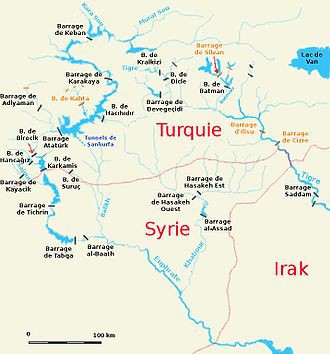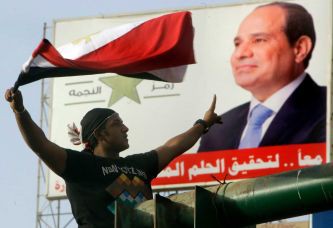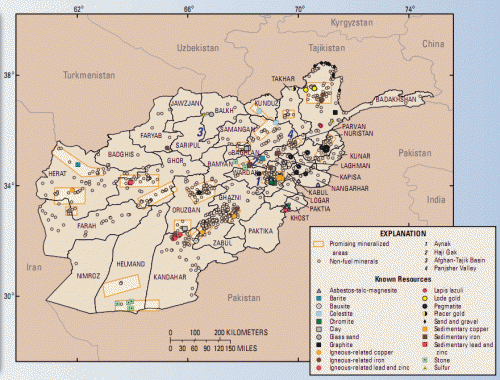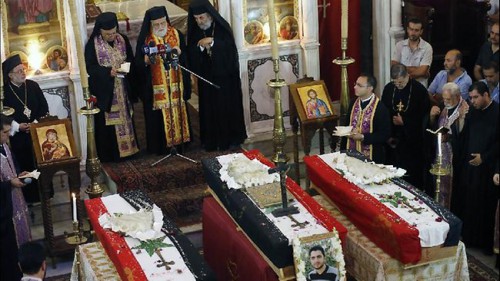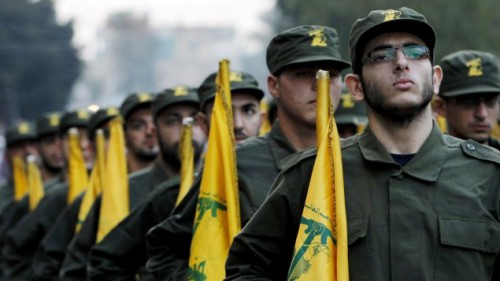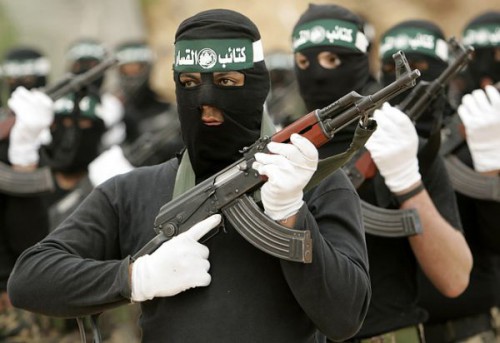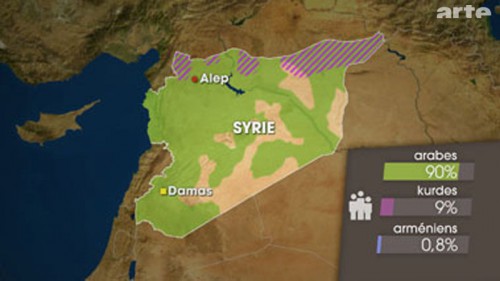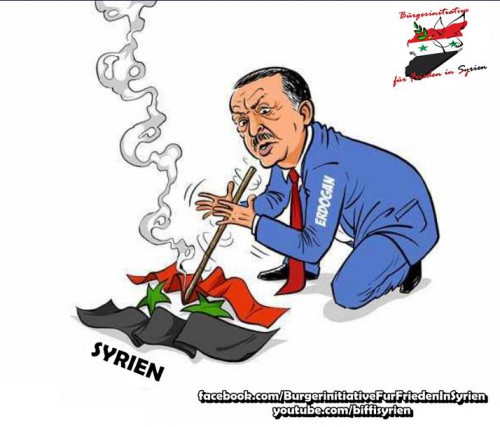La nebulosidad sobre la sorprendente creación y propagación del grupo sunita jihadista Estado Islámico de Irak y el Levante (Siria y Líbano) –Isil, por sus siglas en inglés, y Daesh en árabe–, que ha generado aparente confusión
(ver Bajo la Lupa, 18, 25 y 29/6/14), se empieza a disipar por sus alcances geoestratégicos en la frontera del triángulo RIC
(Rusia, India y China), cuyos tres miembros forman parte del ascendente BRICS (Brasil, Rusia, India, China y Sudáfrica), a 14 días de celebrar su sexta cumbre en Fortaleza.
El primer día del ayuno islámico del Ramadán, un dato simbólicamente ilustrativo fue escenificado por Isil/Daesh, que deja oficialmente de lado su nombre por el de Estado islámico
: el lanzamiento del califato islámico
en los territorios bajo su ocupación militar, y nombró a su enigmático líder Abu Bakr al-Baghdadi como su nuevo califa (que significa sucesor
del profeta Mahoma en árabe).
El temerario lanzamiento del nuevo califato por el Estado islámico
sunita es un triple anatema para el chiísmo universal de 300 millones de feligreses (20 por ciento del total islámico global): 1) el califato, que nace con loscompañeros
del profeta, es eminentemente sunita y motivo de la ruptura sucesoria con los chiítas seguidores de Alí (primo de Mahoma); 2) Abu Bakr fue el primer califa del sunismo, padre de la legendaria Aisha y uno de los suegros del profeta, y hoynom de guerre del nuevo califa del siglo XXI
, y 3) el califato sunita proclamado llega hasta las fronteras de Irán en la provincia de Diyala para vincularse con Alepo (Siria), en la frontera turca.
El primigenio califato fue abolido con la derrota del Imperio Otomano en la Primera Guerra Mundial, lo cual significó el reparto de su féretro mediante la artificial cartografía medioriental del tratado secreto anglo-francés Sykes-Picot que el nuevo califato del siglo XXI ha dado por muerto al borrar de facto la transfrontera de Siria e Irak, lo cual beneficia el nuevo trazado militar del Kurdistán iraquí.
Las reverberaciones del nuevo califato del siglo XXI son enormes a escala local/transfronteriza/regional y euroasiática, en medio de su epifenómeno multidimensional –donde el control de los hidrocarburos juega un papel preponderante–, cuando sus implicaciones prospectivas se plasman en su irredentismo cartográfico tanto de su jihad petrolera como de su proyección geopolítica para los próximos cinco años.
A alguien
le convino la guerra de 1980-1988 focalizada entre los árabes de Irak (en la etapa de Saddam Hussein) contra los persas de Irán (en la fase del ayatola Jomenei), para que luego Estados Unidos/Gran Bretaña/OTAN librasen sus dos guerras puntuales en contra de Irak (1990/1991 y 2003/2011) del nepotismo dinástico de los Bush (padre e hijo).
Irak, hoy en delicuescencia, lleva 34 años ininterrumpidos de guerras caleidoscópicas y entra a un nuevo estadio: una guerra etno-teológica que puede durar otros 30 años –réplica de las guerras europeas del siglo XVII– entre sunitas y chiítas, que abarca ya nítidamente a varios países del gran Medio Oriente
(en la definición del general israelí Ariel Sharon: de Marruecos a Cachemira y de Somalia al Cáucaso): Irak, Siria, Líbano, Yemen, Bahréin, Arabia Saudita (en su parte oriental petrolera, donde predomina la minoría
chiíta), y en la que participan a escala regional tras bambalinas (ya muy vistas) las seis petromonarquías del Consejo de Cooperación Árabe del Golfo Pérsico, Turquía, Jordania e Irán, sin contar el Kurdistán iraquí (gran aliado de Israel).
El nuevo califato del siglo XXI en el mero corazón euroasiático comporta implicaciones profundas en el triángulo geoestratégico de los RIC, que ostentan relevantes minorías
islámicas, a diferencia de Estados Unidos y todo el continente americano, en donde la presencia musulmana es microscópica: 0.8 por ciento de la población en Estados Unidos; Sudamérica, 0.42 por ciento, y todo el continente americano, 1.6 por ciento.
Es mi hipótesis que el nuevo califato del siglo XXI y su jihad global, tanto petrolera como geopolítica, carcome las fronteras islámicas del triángulo RIC
y desestabiliza su conformación demográfica interna –con un total de casi 200 millones de islámicos en su seno–, tomando en cuenta la doble contención
que ejerce Estados Unidos contra Rusia y China (mediante la doctrina Obama).
Con antelación ya había expuesto el preponderante factor islámico
en India, que se encuentra ante un tsunami demográfico-geopolítico.
Vlady Putin declaró que “los acontecimientos provocados por Occidente en Ucrania son una muestra concentrada de una política de contención (¡supersic!) contra Rusia ”.
No se pueden soslayar los vasos comunicantes entre Ucrania, el mar Negro, el Transcáucaso y el gran Medio Oriente, donde brilla intensamente el factor chechenio
.
A juicio de Putin, después del fracaso del mundo unipolar,Occidente
pretende imponer a otros países sus principios, convirtiendo el planeta en un cuartel mundial
. ¡Uf!
Durante el paroxismo de la guerra fría, el libro predictivo de la disolución de la URSS, El imperio resquebrajado: la revuelta de las naciones en la URSS , de la aristócrata francesa Helène Carrère d’Encausse, exhibió la vulnerabilidad cohesiva de la URSS debido al galopante crecimiento demográfico de su poligámica población islámica.
Los políticos de Estados Unidos, entre ellos el vicepresidente Joe Biden, vuelven a repetir el modelo demográfico
del imperio resquebrajado
, ya reducido a la mínima expresión de Rusia, donde existe una relevante minoría islámica de alrededor de 15 por ciento de su población (20 millones del total) asentada en la región Volga/Ural y en el hipersensible Cáucaso norte (Daguestán, Chechenia, etcétera).
China también ostenta unaminoría
islámica sunita muy inquieta, ostensiblemente azuzada desde el exterior: los célebres uigures –de origen mongol, conectados con sus congéneres de Asia central y Turquía–, que predominan en la Región Autónoma de Xinjiang, que ascienden a 10 millones (según el censo de 2010).
La superestratégica región de Xinjiang, que mide 1.6 millones de kilómetros cuadrados, detenta pletóricos yacimientos de petróleo, constituye la mayor región productora de gas natural de toda China y ostenta importantes reservas de uranio.
La conexión comercial de Xinjiang con Kazajstán es del mayor orden geoestratégico en el corazón euroasiático.
En fechas recientes, los separatistas uigures sunitas han intensificado sus atentados en el mero corazón de China, en su capital Pekín.
Los separatistas uigures, que buscan derrocar al gobierno chino local, están inspirados por la teología de la jihad global avant la lettre y que ahora proclama y reclama el nuevo califato del siglo XXI, con el que muy bien pudieran conectarse.
¿Forma parte del cuartel mundial
de Occidente
el nuevo califato del siglo XXI y su jihad global contra los BRICS?
02/07/2014
Twitter: @AlfredoJalifeR_
Facebook: AlfredoJalife



 Las bases del gran Próximo Oriente se establecieron en el Pacto del Quincey (1.945) siguiendo la doctrina de los acuerdos franco- británicos Sykes-Picot de 1.916 que favorecían la división regional del poder en zonas de influencia y sustentada en el trípode EEUU-Egipto-Arabia Saudí. Dicha doctrina consistía en la pervivencia endémica en Egipto de gobiernos militares autocráticos pro-occidentales, lo que aseguraba la supervivencia del Estado de Israel (1.948) y proporcionaba a la Marina de EEUU de un acceso privilegiado al Canal de Suez, atajo crucial para el acceso directo a los Emiratos Árabes, Irak y Afganistán, quedando como firme bastión de los intereses geopolíticos de EEUU en la zona, máxime tras la caída del Sha de Persia en 1980.
Las bases del gran Próximo Oriente se establecieron en el Pacto del Quincey (1.945) siguiendo la doctrina de los acuerdos franco- británicos Sykes-Picot de 1.916 que favorecían la división regional del poder en zonas de influencia y sustentada en el trípode EEUU-Egipto-Arabia Saudí. Dicha doctrina consistía en la pervivencia endémica en Egipto de gobiernos militares autocráticos pro-occidentales, lo que aseguraba la supervivencia del Estado de Israel (1.948) y proporcionaba a la Marina de EEUU de un acceso privilegiado al Canal de Suez, atajo crucial para el acceso directo a los Emiratos Árabes, Irak y Afganistán, quedando como firme bastión de los intereses geopolíticos de EEUU en la zona, máxime tras la caída del Sha de Persia en 1980.
 del.icio.us
del.icio.us
 Digg
Digg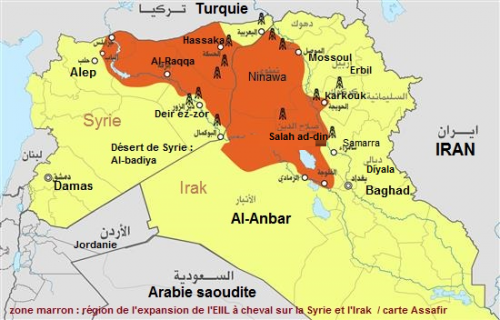
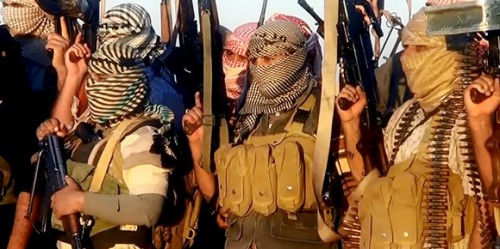
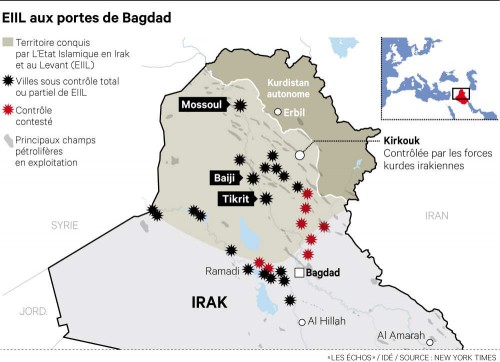
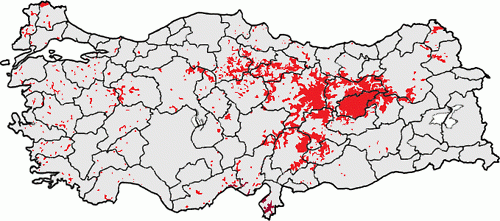


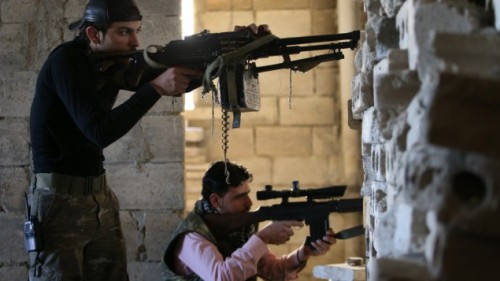
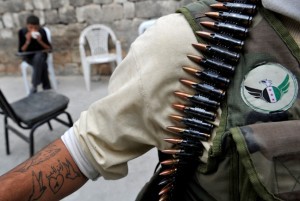 The third and final step the US must take upon losing a war is to leave chaos where victory was denied, and attach responsibility for the conflict to a disposable elected politician – in this case US President Barack Obama. While the war was clearly conceived during the administration of George Bush as early as 2007, it was executed under the watch of Obama. By attaching responsibility for the conflict to Obama, when his term is up and he passes into the hindsight of history, corporate-financier funded policy makers will have before them a clean slate upon which to begin carrying out the next leg of their continuous agenda.
The third and final step the US must take upon losing a war is to leave chaos where victory was denied, and attach responsibility for the conflict to a disposable elected politician – in this case US President Barack Obama. While the war was clearly conceived during the administration of George Bush as early as 2007, it was executed under the watch of Obama. By attaching responsibility for the conflict to Obama, when his term is up and he passes into the hindsight of history, corporate-financier funded policy makers will have before them a clean slate upon which to begin carrying out the next leg of their continuous agenda.
